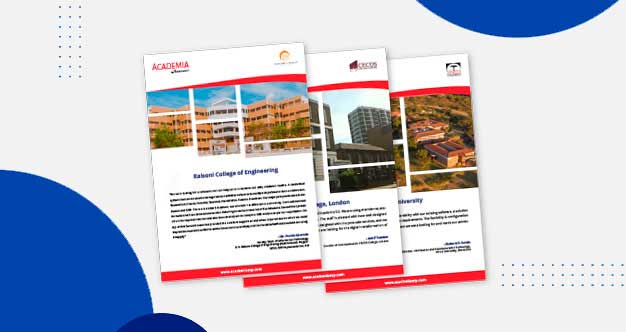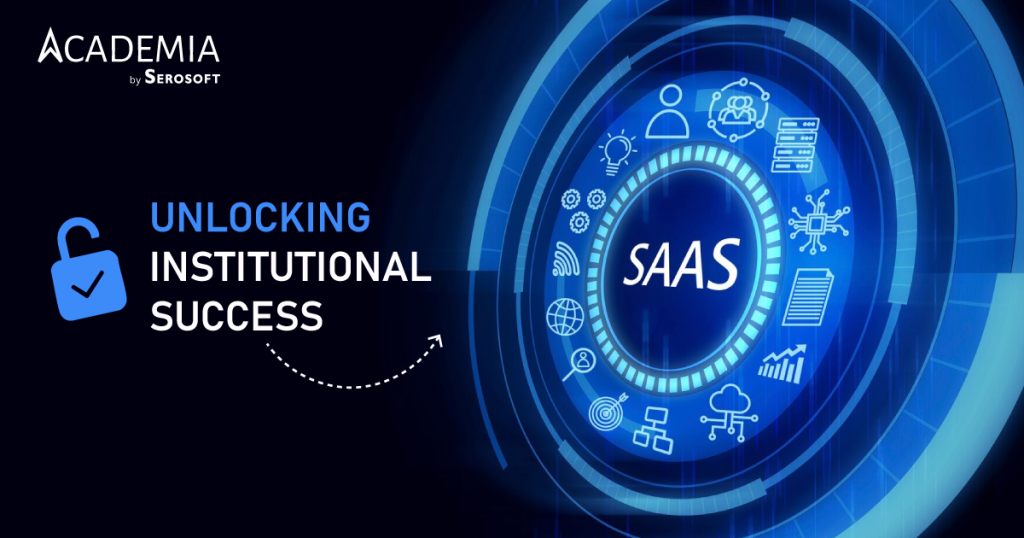Embracing Intelligent Learning Systems: Shaping the Future of Education
Introduction
The education landscape is continuously evolving, and one of the most significant driving forces behind this change is the adoption of intelligent learning systems. These advanced technologies are transforming how educational institutions operate, enhancing the learning experience for students and educators alike. In this article, we will explore the key features of smart learning and how it is revolutionizing the future of education.
- Personalized Learning Experiences
Smart learning systems utilize artificial intelligence (AI) and data analytics to create customized learning paths for individual students. By analyzing a student’s performance, learning style, and preferences, these systems can tailor educational content and pace to optimize learning outcomes. This level of personalization caters to learners’ diverse needs, helping them overcome challenges and reach their full potential.
- Collaborative and Interactive Learning
Intelligent learning platforms promote collaboration and interaction among students and educators. Through cloud-based tools, students can work together on projects, share resources, and engage in discussions with their peers. Simultaneously, educators can provide real-time feedback and guidance, fostering a more dynamic and engaging learning environment.
- Accessible Education
Smart learning technologies are breaking down barriers to education by offering increased accessibility. Online courses, virtual classrooms, and digital resources allow students from all corners of the globe to access quality education, regardless of their geographical location or financial constraints. This democratization of education opens up new opportunities for students who might otherwise have limited access to learning.
- Data-Driven Decision Making
Educational institutions can harness the power of data analytics to make informed decisions. By analyzing student performance, engagement, and progress data, administrators and educators can identify areas for improvement and implement targeted interventions. This data-driven approach leads to more effective resource allocation, ultimately improving the quality of education.
- Lifelong Learning
Smart learning systems promote a culture of continuous learning and professional development. By providing access to a vast array of resources and learning opportunities, these platforms encourage individuals to engage in lifelong learning, helping them stay relevant in an ever-changing world.
- Environmental Sustainability
Adopting intelligent learning technologies can contribute to a more sustainable future by reducing the environmental impact of traditional educational institutions. Digital resources and online learning platforms reduce the need for physical learning materials, such as textbooks and paper, decreasing waste and resource consumption.
Conclusion
Intelligent learning systems are revolutionizing how we approach education, offering personalized, collaborative, and accessible learning experiences. By harnessing the power of data analytics and embracing lifelong learning, educational institutions can better prepare students for the challenges and opportunities of the 21st century. As we continue to explore and develop these innovative technologies, we can expect to see even more exciting transformations in the future of education.
Related posts:
 Higher Ed Plans
Higher Ed Plans K12 Plans
K12 Plans










